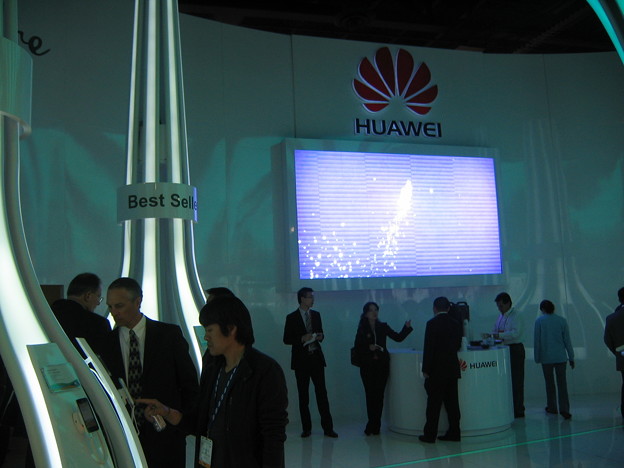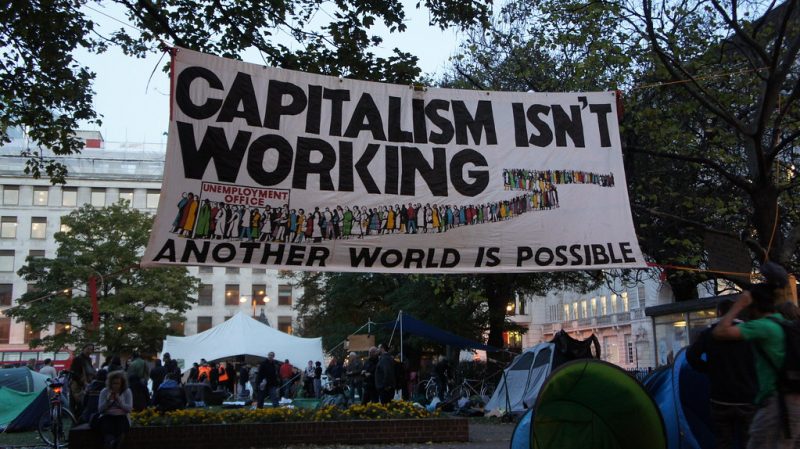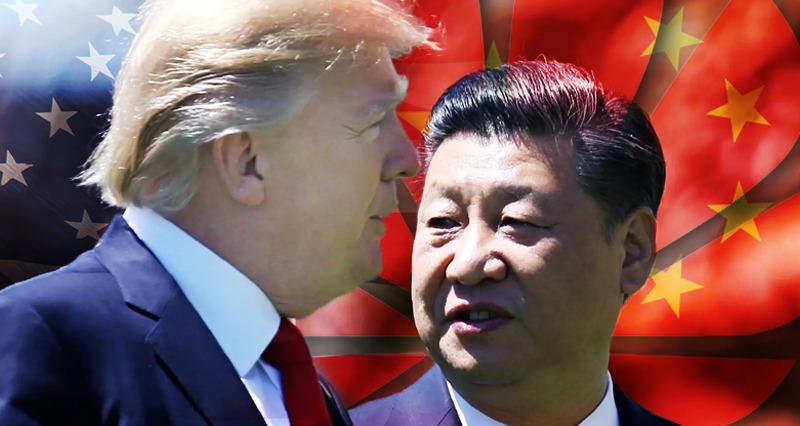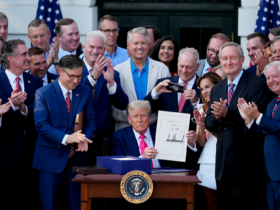The Trump Trade War
What began with imposing tariffs on steel and aluminum is escalating into an all-out Trump Trade War. U.S. relations with the People’s Republic of China are approaching boiling point after President Trump’s declared a national emergency and outright forbade American companies from doing business with the Chinese tech giant, Huawei, last week.
Although Trump is pointing to alleged Chinese espionage attempts for the ban, he’s more likely intending to sucker punch China’s rapidly expanding tech industry by cutting off the world’s second-largest smartphone producer from U.S. markets.
But attempting to crowd out Huawei comprises just one front, among many others, in Washington’s war against China’s growth as a global economic and political power.
Last year, The White House moved to mobilize its client states against Beijing through the World Trade Organization, filing a complaint over alleged Chinese theft of U.S. intellectual property. The complaint says foreign companies that do business in PRC are denied «basic patent rights», but it really boils down to Washington’s refusal to do follow the Communist Party’s business practices for its own country.
Then in early May, Trump took his economic war a step further, raising tariffs from 10% to 25% on $200 billion worth of Chinese imports. The President labeled the economic assault «easier and quicker» than a compromise with Beijing and promised a sweeping victory; «Tens of Billions of Dollars in Tariffs from China» with few, if any, price hikes for American consumers and companies.
Mobilizing for an economic war against the world’s second largest economy – what could go wrong?

Lose/Lose Situation?
Well, some of the White House’s advisors are understandably more pessimistic about the prospect of a war without consequences. Larry Kudlow, Trump’s Chief Economic Advisor, spoke out against Trump’s promisesin an interview, saying “both sides will pay” in the fog of the trade war. Meaning, a price hike for low-wage American workers, who rely notoriously cheap Chinese products, and the burden of tariffs on American retailers.
And it’s not like the Chinese Communist Party isn’t going to stick up for itself. The Commerce Ministry has already vowed tit-for-tat retaliation with all the «necessary countermeasures.» On top of that, Huawei CEO and founder Ren Zhengfei says the company has «already been preparing for this» and will not surrender to pressure from the West. To prove they mean business, Zhengfei promised his firm would begin producing its own chips – a telephone component still bought from American producers.
Precursor To Economic Crisis
Wars inevitably cause damage to all parties involved, and trade wars are no different. Immediately after Trump threatened to raise U.S. tariffs against China, the stock market and crude oil futures took a beating. Huawei is expecting a 20% dip in future revenue growth and the American economy is no doubt going to feel the pain in a conflict with its number one trade partner.
To make matters worse, history has already revealed what trade wars between global powers can reap. In 1930, Herbert Hoover’s Administration enacted tariffs against foreign exports from around the world with the Smoot-Hawley Tariff Act – the final nail on the coffin that brought the world into the Great Depression. The bill drew tariff retaliations in kind from capitalist governments around the world, paralyzing international trade.
It might seem strange that the American capitalist class pushes «free trade» onto the world with one hand and is now attempting to shield its own markets with the other, but they are far from an accidental combination of events. In fact, it’s part of the core process in maintaining and further developing control over a global imperialist system.

History Repeats Itself
Revolutionary Communist and Political Theorist Vladimir Lenin detailed similar policies by imperialist powers in his work Imperialism, the Highest Stage of Capitalism over 100 years ago. The world was in many ways different, but in others, specifically economically, very similar, with the global capitalism we know today only just emerging.
Lenin wrote that capitalism already left the times of small proprietors, free competition, and democracy in «the distant past,» and has grown into imperialism – «a world system of colonial oppression and of the financial strangulation of the overwhelming majority of the population of the world by a handful of ‘advanced’ countries.» Moreover, it has done so through monopolizing its industries in the hands of fewer and fewer capitalists.
And there’s no shortage of evidence pointing to capitalist monopolization throughout the history of U.S. economic development. One example involves the media industry, which, in 1983, encompassed 50 companies that controlled 90% of everything Americans read in publications and heard from televisions and radios. Now only 6 companies control 90% of the same capital, working with Washington to produce propaganda and with each other to minimize competition between the already established oligarchs.
Centralizing more economic power in the hands of fewer capitalists allows imperialist governments and their corporations to more effectively exploit resources around the world. This is exactly why Empires of the early 20th century, and the American empire now, established tariffs – to accelerate the «concentration and the formation of monopolist manufacturers’ associations, cartels, syndicates, etc.»
Modern empires attempt to divide the world’s resources among themselves but, as a result, draw «the whole world into their war over the division of their booty.» Both World Wars followed their inability to compromise, leading the world into ruin and then socialist revolutions against the world imperialist order.
Now that China is beginning to pose a threat to Washington’s unipolar domination of the world’s markets, the U.S. needs to establish tariffs for the same reason they did so in the early 20th Century – to keep their grip on the biggest piece of economic pie around.
However, the current economic war is raging in unique conditions which the world has never before seen. It’s not a quarrel between imperialist powers over the world’s markets, just as it’s not between the U.S. and Soviet style planned economy that doesn’t participate in the global economic system. The U.S. is being challenged by a country with socialist ideals for the world’s future that, at the same time, can beat imperialists at their own market game.
Perhaps those socialist ideals mean a Chinese victory in the Trump Trade War would prevent the war and revolutionary crises that follow what these situations can develop into – but only time will tell.

















Leave a Reply